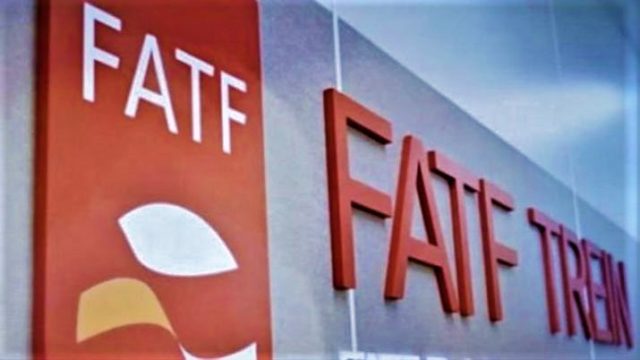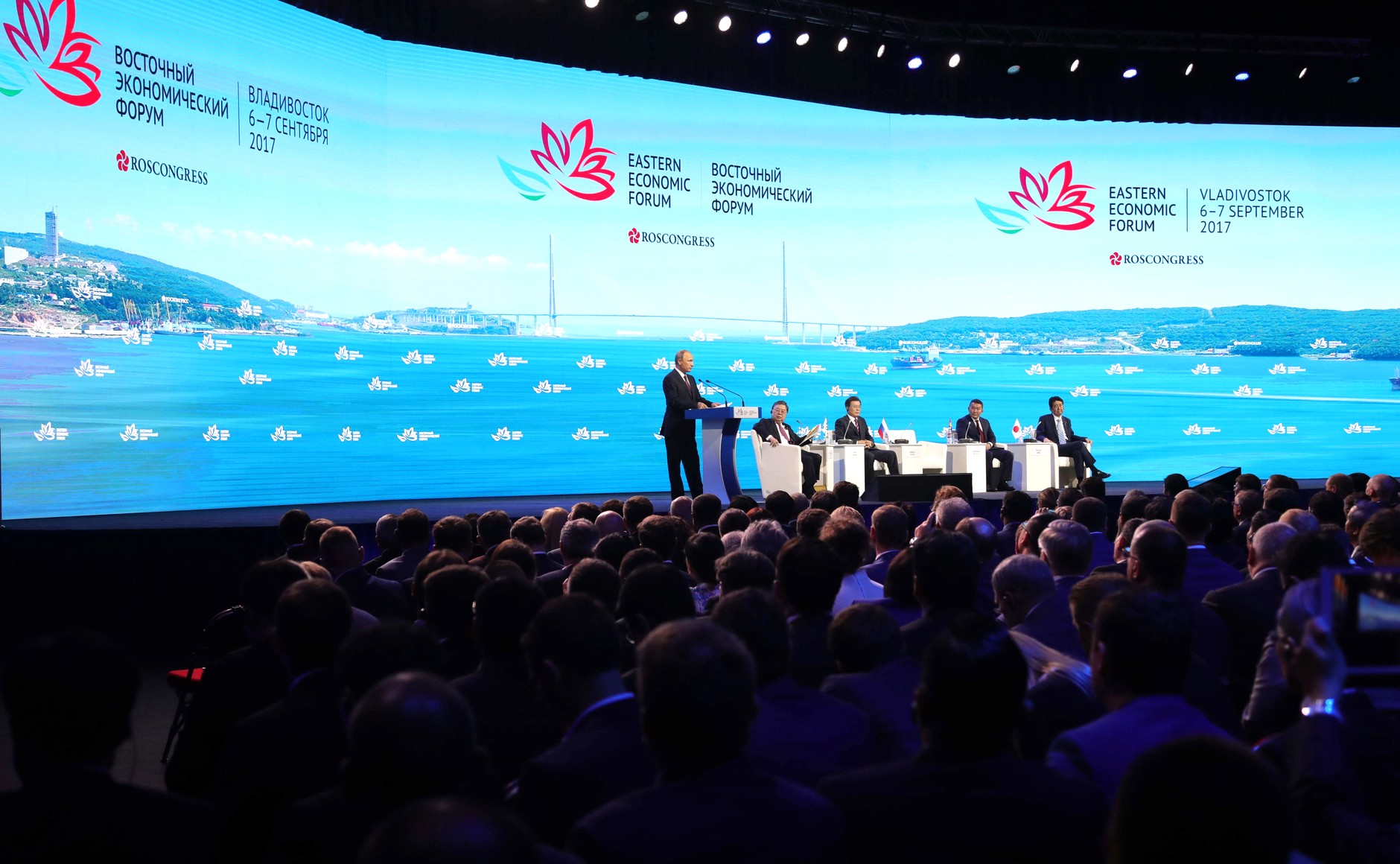K.M. Seethi
First published in South Asia Analysis Group (Paper 6761, March 3, 2021) in arrangement with the Sri Lanka Guardian (March 3, 2021) and the Indian Defence Review (March 3, 2021)
There is a great deal of disappointment in Pakistan with the Financial Action Task Force (FATF), a Paris-based global money laundering watchdog, having resolved to put Pakistan again on its terrorism financing list of “Jurisdictions Under Increased Monitoring” (JUIM)—often referred to as the ‘grey list.’ Pakistan figured in the list of 19 countries, identified under JUIM, at the recently concluded meeting of FATF. These countries (which also included India’s another neighbour, Myanmar) were acknowledged as having failed to tackle terror financing. The decision of the FATF has come as a setback to Islamabad at a critical juncture when the country is reeling under tremendous economic pressure.
The FATF—formed in 1989 and currently having 39 members—is an inter-governmental body that sets international standards that would prevent illegal activities like terrorism within and across countries. It makes sustained efforts to bring about national legislative and regulatory reforms in these areas.
The FATF makes recommendations (called FATF Standards) which will ensure a co-ordinated global response to prevent organised crime, corruption and terrorism. It also helps governments track the funds of terrorists and criminals indulging in terrorism, illegal drugs, human trafficking and other crimes, besides working to halt funding for weapons of mass destruction.
After 9/11, combatting terrorist financing has been an important mission of the FATF. This became even more significant after 2015 when the scale of terrorist activities intensified across the world, particularly with the emergence of the Islamic State of Iraq and the Levant (ISIL/Da’esh), and the renewed activities of Al-Qaeda and their affiliated terrorist organisations. The FATF works with global agencies and international organisations, including the UN and other regional formations.
There are two sets of countries in FATF’s ‘Country-Specific Processes.’ The list of “High-Risk Jurisdictions subject to a Call for Action” is generally called ‘black list.’ The other one, often called ‘grey list,’ comes under “Jurisdictions Under Increased Monitoring.” Once appeared in these lists, the countries are expected to follow an action plan in compliance with the FATF Standards within a certain time period. The FATF brings out the deliberations and resolutions of its plenary through two major public documents—Strategic Initiatives and Country-Specific Processes—notified after each plenary held three times a year.
The plenary that concluded this year on February 25 continued to maintain North Korea and Iran in the ‘black list’ and countries like Pakistan, Myanmar, Burkina Faso, Syria et al. in the ‘grey list.’ Pakistan emerged in the ‘grey list’ three times since 2009. The last time Pakistan was placed under the JUIM was in June 2018 when the FATF called on Islamabad to put in place a plan of action to check money laundering and terror financing by the end of 2019.
In October last year, the FATF recommenced its work to identify new countries with strategic fight ‘Against Money Laundering’ (AML) and ‘Combating the Financing of Terrorism’ (CFT) deficiencies and to prioritise the review of listed countries with expired or expiring deadlines. The latest plenary considered the credentials of these countries with respect to AML/CFT. The FATF’s resolution reads as follows:
Since June 2018, when Pakistan made a high-level political commitment to work with the FATF and Asia/Pacific Group on Money Laundering (APG) to strengthen its AML/CFT regime and to address its strategic counter-terrorist financing-related deficiencies, Pakistan’s continued political commitment has led to significant progress across a comprehensive CFT action plan, including by: demonstrating that law enforcement agencies are identifying and investigating the widest range of TF activity, demonstrating enforcement against TFS violations, and working to prevent the raising and moving of funds including by controlling facilities and services owned or controlled by designated persons and entities.
The FATF concluded:
Pakistan should continue to work on implementing the three remaining items in its action plan to address its strategically important deficiencies, namely by: (1) demonstrating that TF investigations and prosecutions target persons and entities acting on behalf or at the direction of the designated persons or entities; (2) demonstrating that TF prosecutions result in effective, proportionate and dissuasive sanctions; and (3) demonstrating effective implementation of targeted financial sanctions against all 1267 and 1373 designated terrorists, specifically those acting for or on their behalf. The FATF takes note of the significant progress made on the entire action plan. To date, Pakistan has made progress across all action plan items and has now largely addressed 24 of the 27 action items. As all action plan deadlines have expired, the FATF strongly urges Pakistan to swiftly complete its full action plan before June 2021.
A major reason that prompted the FATF to maintain Pakistan in the ‘grey list’ was its noncompliance in respect of taking action against all the UN-designated terrorists which include terror brains like Masood Azhar, chief of Jaish-e-Mohammed (JeM), Hafiz Saeed, Lashkar-e-Taiba (LeT) mastermind, and LeT’s terror commander Zakiur Rehman Lakhvi. They were already designated as the most-wanted terrorists in India with their involvement in the 26/11 Mumbai terror attacks and the 2019 bombing of a CRPF bus in Pulwama I Jammu and Kashmir, killing 40 Indian soldiers.
The decision of the FATF was also a sequel to a number of developments in Pakistan in the past few months. It may be recalled that in early February 2021, the Supreme Court of Pakistan ordered the release of Ahmed Omar Saeed Sheikh, a British-born militant who was convicted for the kidnapping and murder of US journalist Daniel Pearl in 2002. The apex court turned down all charges against Omar Sheikh who has been in jail in Pakistan for the crime. Daniel Pearl was serving as South Asia bureau chief of The Wall Street Journal. He was captured in Karachi in January 2002 while investigating on Pakistani terror groups linked to Al Qaeda. The US and many other countries criticised this action of the apex court in Pakistan.
The South Asia Terrorism Portal estimated that Pakistan saw more than 300 terrorism-related incidents in 2020, and 169 associated deaths of civilians. In the first two months in 2021 alone, there were 48 incidents of killing which also involved 39 civilians. It was only recently that masked militants shot dead four women aid workers in North Waziristan district. The Human Rights Commission of Pakistan condemned the killing and urged the state to “book the perpetrators of this heinous crime.” It said: “The re-emergence of terror groups in the area is a matter of grave concern. It is the responsibility of the authorities to protect the lives and property of citizens at all costs.” The killing of several Hazara miners in early January this year also reminded of the continuing sectarian violence unleashed by terror groups. In July 2020, a UN report indicated that there were as many as 6,000 Pakistani militants in Afghanistan, and most of them had affiliation with the Tehreek-i-Taliban Pakistan (TTP), the deadliest terror group in Pakistan.
However, sensing the implications of ignoring the global terror watchdog’s repeated call for compliance, Pakistan took a few steps which sought to appease the FATF. It sentenced LeT chief Hafiz Saeed to 11 years in prison for “terrorism financing.” Lakhvi was also sentenced to five years for “terrorism financing.” While acknowledging these measures, many doubted if all these were a mere eye-wash to satisfy the global agencies. The United States even reminded that Pakistan should hold these terror leaders accountable for more than “terrorism financing.” There were also reservations about Islamabad’s soft approach towards Jaish-e-Mohammad, the terrorist outfit responsible for the Pulwama attack in February 2019.
Even as Pakistan ran into trouble for its history of terrorism and sectarian violence, the leaders of the country sought to externalise many such incidents with an obvious intent to escape from domestic and international criticism. For instance, after the gruesome killing of Hazara coal miners, Prime Minister Imran Khan sought to shift the responsibility on India saying that New Delhi was backing the militant Islamic State (IS) group to cause turmoil in Pakistan. Prime Minister Imran Khan also ran into trouble after telling parliament that the US “martyred” Osama Bin Laden. He said: “I will never forget how we Pakistanis were embarrassed when the Americans came into Abbottabad and killed Osama Bin Laden, martyred him.” Opposition leaders criticised Khan for calling Bin Laden, an ‘ultimate terrorist,’ a ‘martyr’ and thereby appeasing violent extremism.
It was in this background that in August 2020, India’s Permanent Representative to the United Nations, Ambassador TS Tirumurti, called Pakistan “a nerve centre of terrorism.” In an interview, he lashed out at Islamabad for sheltering terror groups, saying it was home to the largest number of listed terrorists internationally and designated terrorist entities. He referred to the activities and operations of Jamat-ud Dawah, Lashkar-e-Taiba, Jaish-e-Mohammed and Hizbul Mujahideen. Ambassador TS Tirumurti pointed that the United Nations’ 26th Report of the Analytical Support and Sanctions Monitoring Team concerning ISIS had indicated that there was clear admission that the leadership and funding for the terrorist entities like Al-Qaeda and ISIS had their origin from Pakistan.
Now that the FATF has given another lease of life (for three months) for establishing Pakistan’s credentials, the political leadership in Islamabad is engrossed in meeting the deadline. The National Executive Committee (NEC) on Anti-Money Laundering is reported to have taken decisions to act in close coordination to ensure appropriate measures to be put in place in the coming months.
The leaders are well aware of the fact that Pakistan, which is already facing severe resource crunch, will have to make compromises at different levels. Even international credit and financial agencies will keep away from investment and other transactions if FATF standards are not met. If the study report of an Islamabad-based think-tank is to be believed, the country already suffered a huge loss of $38 billion in the wake of FATF’s listing of Pakistan under JUIM. It also caused decline in exports and inward FDI. Pakistan is currently grappling with its huge public debt which has already crossed Rs. 36.5 trillion. It remains to be seen if the Imran Government can tackle this economic instability with a firm hand. However, FATF’s ‘grey’ listing will certainly put Pakistan in a tight-rope walking—’terror financing’ or ‘financing’ the country’s most pressing needs.



